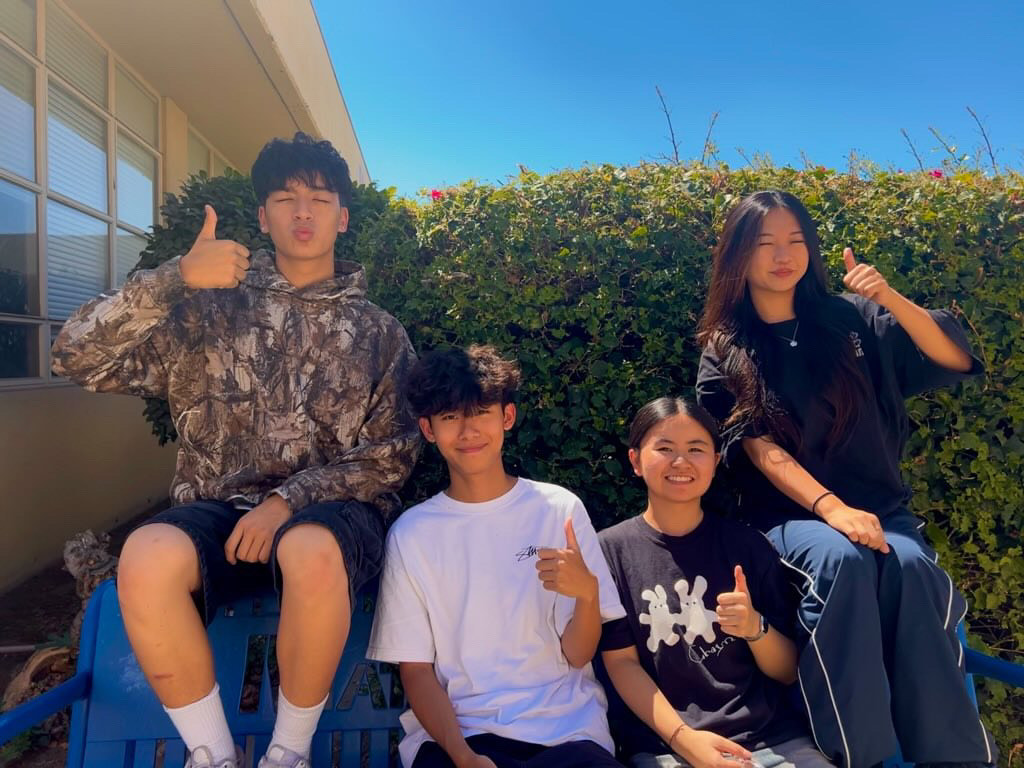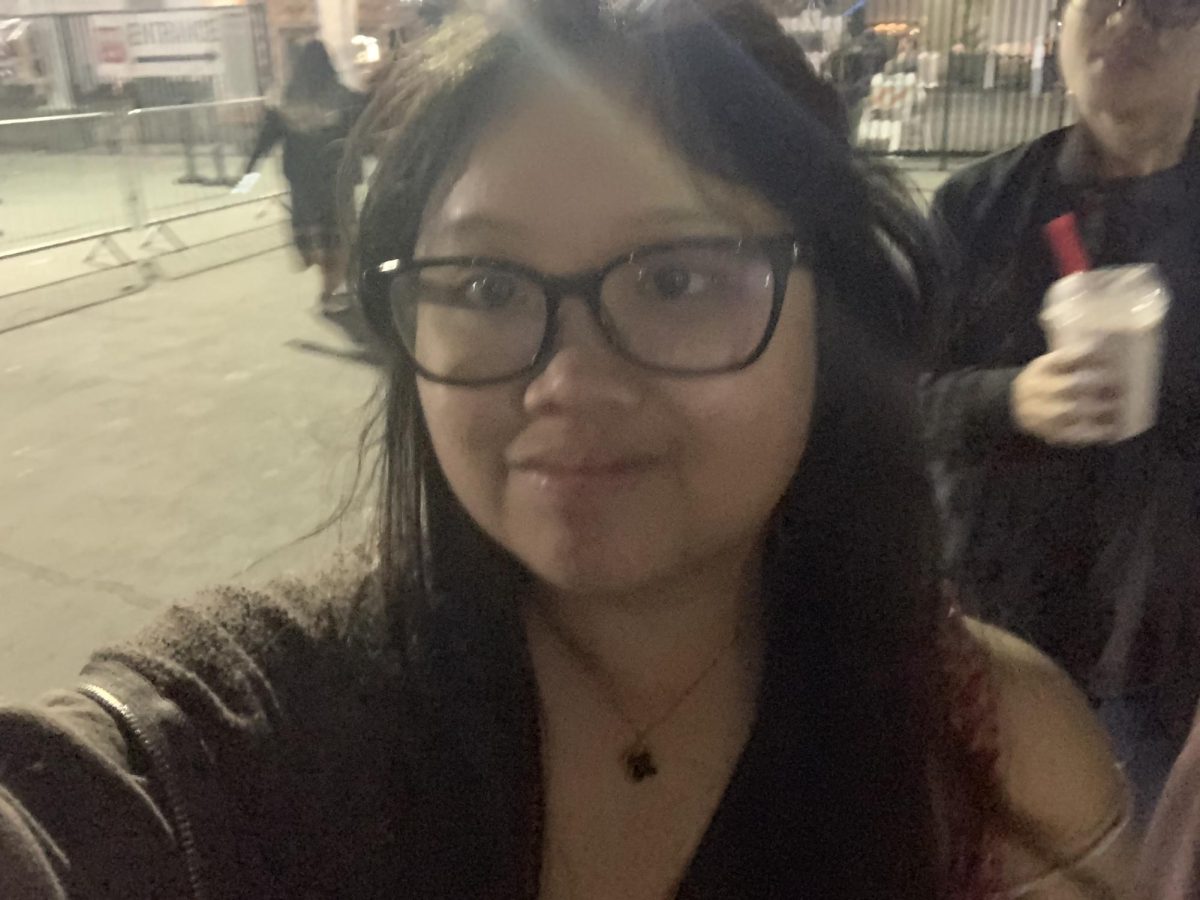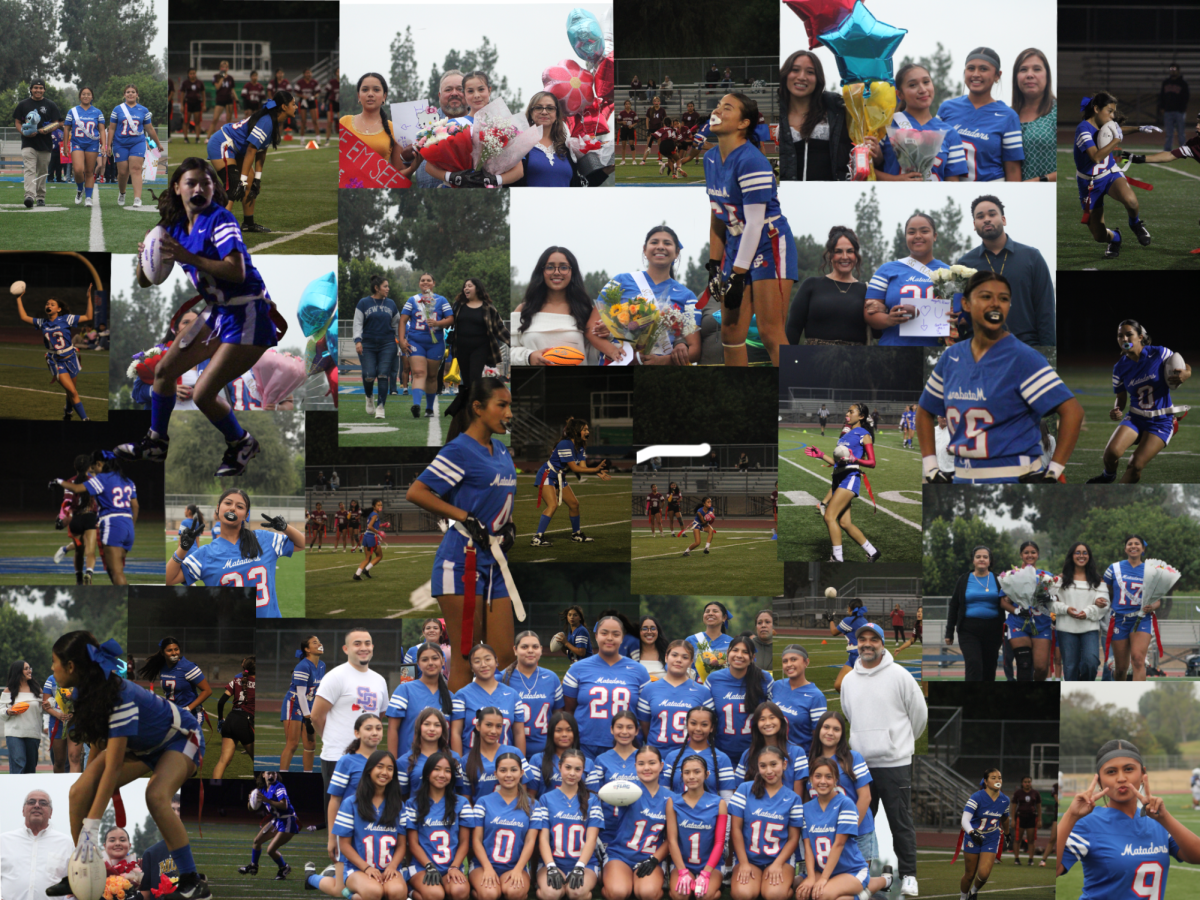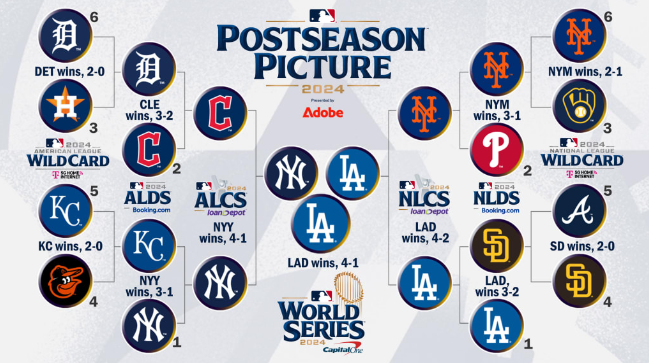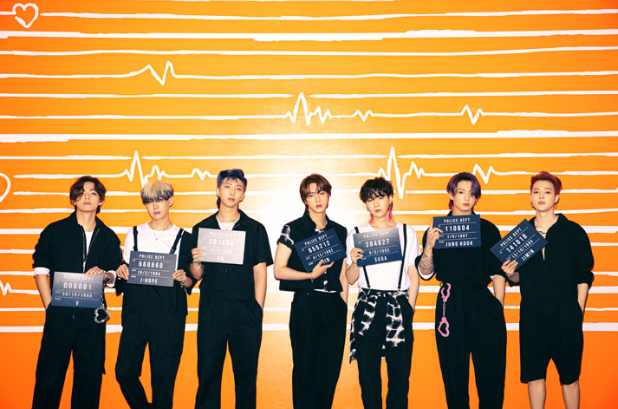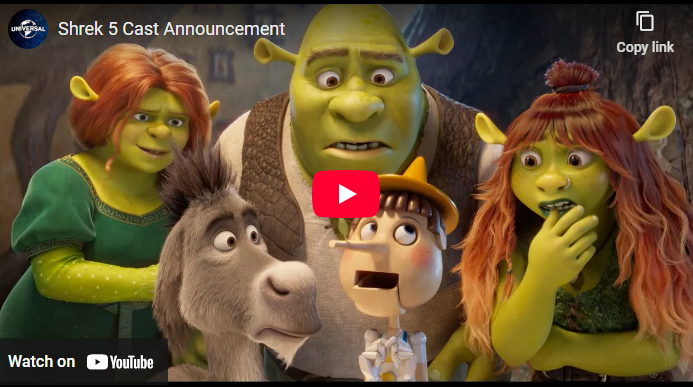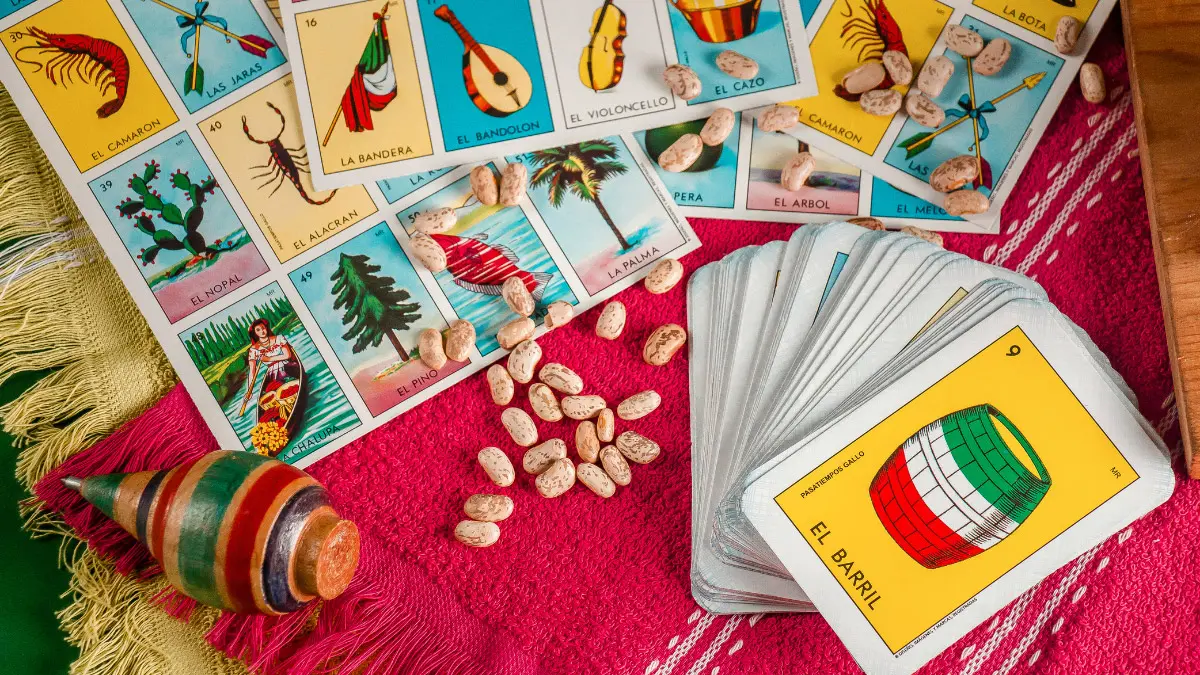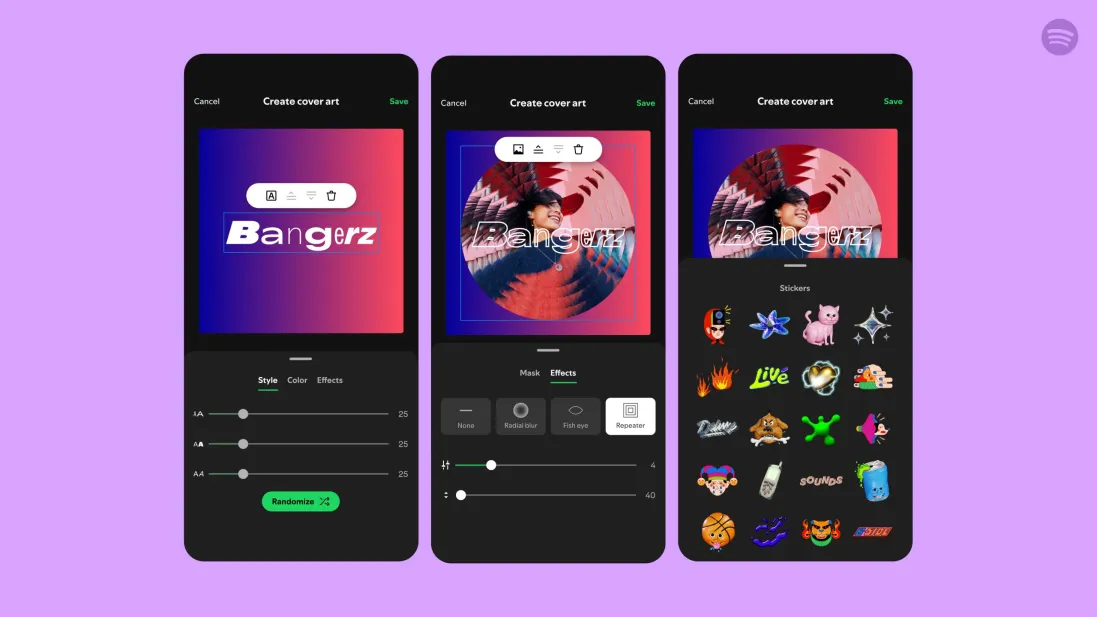Photo:
WC: 485
Call Of Duty, Counter-Strike, Rainbow Six, Valorant, League Of Legends, Minecraft, Roblox… These are all games that have left a trace in, and even in their lives now. Yet all these games share an inevitable commonality: toxicity.
In modern gaming, toxicity refers to the abusive behavior that harms other players, which includes verbal abuse, disruptive gameplay, hate speech, or even violent threats and other discriminatory behaviors. Imagine you queue up into your League or COD game after a long day of work, when suddenly, a little kid starts insulting you out of the blue, or a grown man starts sabotaging you for the sake of fun! Any game that grows in popularity tends to be invaded by foul-mouthed 9-year-olds and middle-aged basement dwellers. You may begin to wonder, “But if toxicity runs so rampant, how can I avoid it? How can I prevent myself from being toxic?” The answer is, easier said than done.
Toxicity can be caused by a number of factors. Players feel emboldened to behave poorly without facing any consequences or to be aggressive in competitive games, or there is simply a clash in personality or moral views between players. Some players might think that their aggressive behavior is just a way of enjoying the game! Most of them believe that there is a need to use insulting and derogatory language toward their teammates for them to.
Toxicity spreads through influence. The more a player encounters toxicity, the more they believe they need to resort to that same kind of behavior and mindset just to be able to enjoy the game. Players are influenced by other players to be more toxic. Toxicity is efficient in the way that it’s a method that can be used to either enjoy the game in your own way, or get others to enjoy the game in your way. Most gamers have had to be “toxic” at some point in their gaming careers.
Though it may seem unrelated or groundless, toxicity can actually be good for growth. Believe it or not, this behavior can lead to developing emotional resilience, emotional regulation, and even problem-solving skills. When faced with criticism or negativity, players might learn to better manage their emotions and not take things personally, potentially improving their resilience to real-life criticism. Navigating a mildly toxic situation might encourage players to think carefully about how they respond and communicate more effectively to de-escalate situations, improving communication skills. Finally, recognizing toxic behavior in others can prompt players to reflect on their own behavior and actively work to avoid exhibiting similar actions. This generation may gain the necessary life skills to thrive in today’s economic environment purely through gaming.
However, that still doesn’t mean you should be toxic. Toxicity can lead to a number of negative consequences, including reduced participation in the game, reduced enjoyment, discouraged engagement, and quitting. So let me ask you this question: is it worth it?



